Crew 774
Antarctica
Expedition 2026
GREETINGS!
You have indicated interest in the Crew 774 (Orange County Council) 2026 Antarctic Expedition. We are pleased and excited that you are interested in going, and will be providing trip information in a separate document. But, in addition, we want you to be aware of some things you may not have considered.
A journey like this is a level beyond most Scouting high-adventure activities. Philmont, Florida Sea Base, Northern Tier all have access to resources that are not available on this expedition. While the following list is not exhaustive, it provides some of the challenges Scouts and Venturers (and adult leaders) will face. A trip like this is a life-changing experience for most people. At times they will be uncomfortable. At times they will be excited. At times they will be scared. And at some times they may be terrified. But they will return wiser, more experienced, and more knowledgeable than when they set out.
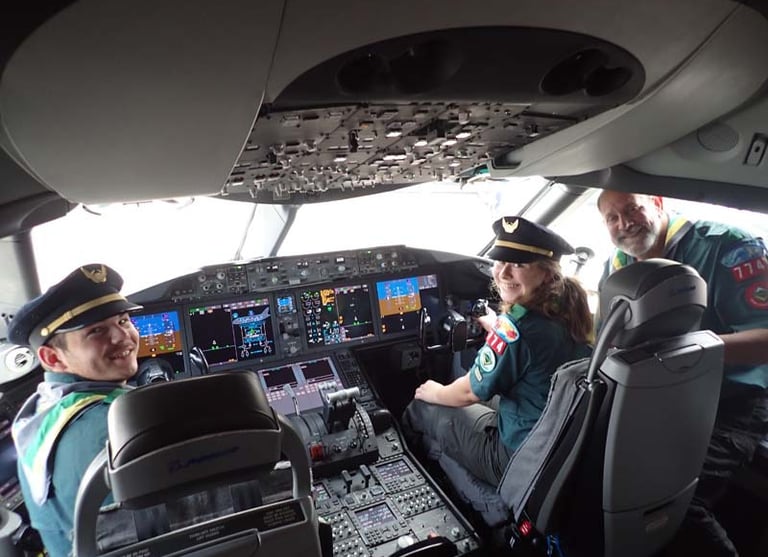

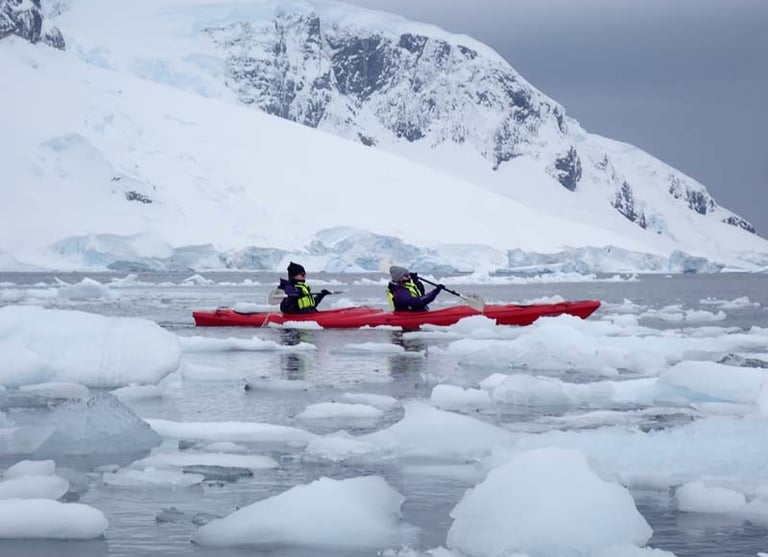

February 12 – March 10, 2026
(Including travel time)
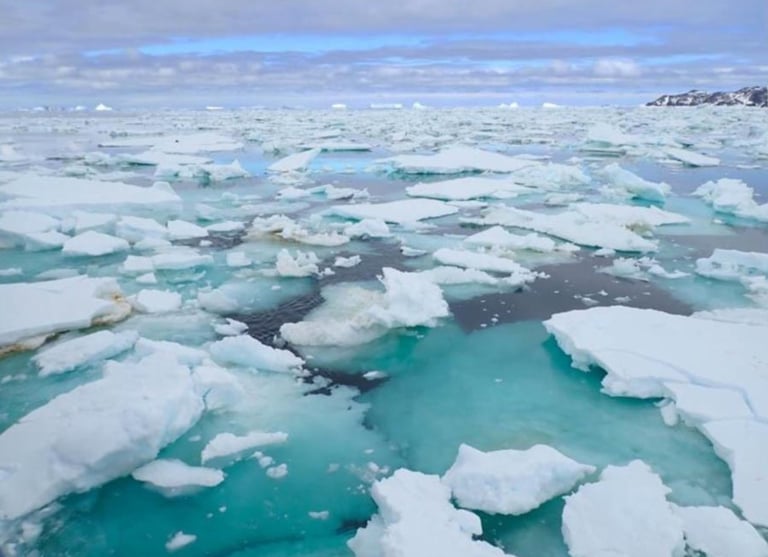

All participants MUST be able to follow Expedition Guides’ instructions. They have been guiding these trips for many years, and can minimize risk. The safety of everyone depends on that. Not all Venturers/Scouts (or adults) may be ready for this trip. Please think deeply and honestly about yourself and/or your son/daughter before you decide to participate.
CAUTIONS
TRAVEL
• International travel via plane, bus, boat, taxi, and maybe other modes may be new (and scary).
• In Argentina they speak Spanish…communication challenges are common…and difficult.
• Boat cabins are small. Claustrophobia can be an issue for some. Sleeping on a boat is…different.
• Boats float…hopefully! Remember the Titanic! Our vessel is ice strengthened, but not infallible.
• Electricity is not the same as in the United States. Not all personal equipment may work/charge.
• Money comes in different sizes, colors, and flavors. It is amazing how this throws some people.
• Food types will be different. You may not be able to get what you are used to eating, or what you want to eat.
• If an emergency happens during the Antarctic segment, there is no way to get off the boat and go home. If a loved one dies, you cannot go back home. There is no way off the boat if a participant experiences severe emotional or physical stress.
ACTIVITIES
• We cannot control the weather. Some activities or initial locations may be cancelled or changed.
• All youth should be reasonably mature. While we will have youth and adult leaders, we are not babysitters. Everyone needs to get themselves where they need to be on time. If not, they may miss a scheduled activity. If you leave a glove or camera on a rock, there is no one picking up after you, and no way to return to retrieve it.
• We will be seeing wild animals. Some BIG wild animals. Leopard seals, elephant seals, skuas, Arctic terns, and other animals have been known to attack and injure people.
• We will be transiting from the vessel to shore on small inflatable boats. It is possible to fall in the water, which is very cold.
• Animals like leopard seals have been known to bite the inflatables, causing them to deflate. That is not good. Usually it is just one chamber, and the boat can easily return. But it is disquieting.
COMMUNICATIONS
• Cell phones do not always work from foreign countries. They do not work at all from the vessel. You cannot just call home if you want moral support.
• While traveling we may not always have contact with the United States. In fact, it is not uncommon to go for many days without being able to communicate at all. No cell phones, no texts, no email, no Internet. If something happens during the trip, family at home (or the travelers on the vessel) may not hear about it for a while.
• Even when Internet is available, it is extremely expensive. It is all done via satellite uplink. And the vessel operations group charges users accordingly.
• Aboard the vessel, many languages may be used. The vessel is Dutch. The crew is Russian. Galley staff is Filipino. Expedition crew may be German, French, Italian, or ?? While many will speak some English, we need to be prepared for additional challenges and frustrations.
MEDICAL
• We will have an Expedition Doctor on the cruise. He is likely to be from another country, and may not speak English.
• Seasickness is a potential concern. Preventative medications are recommended.
• Antarctica may be cold. Hypothermia is always a concern.
• Antarctica may be warm. Over-dressing may cause sweating, or even heat exhaustion.
• Prior medical issues: While the boat has a small sick bay, it is not a hospital. Do not go if you have a chronic, serious underlying medical condition that is not well controlled.
• If you take regular medications, bring a sufficient quantity. And take them!!
• There are no adequate facilities for people suffering from extreme mental duress.
• The Southern Ocean is widely known as the most variable and potentially violent on the planet. Our multi-day crossings may be as smooth as a small, protected Northern Tier lake…or entail seas of over 60 feet! We cannot predict this, and we move regardless. (Sea sickness anyone?)
• BSA YPT guidelines mandate that youth sharing quarters all be within a 2-year age frame. While we will do our best to insure this, it may not be possible, depending on who goes. Cabin availability is extremely limited, and we cannot create or purchase more.
• Most of the Plancius passengers are not affiliated with Scouting. They are not YPT trained. This is a fabulous opportunity to mix with people from other cultures, but offers some risk as well.
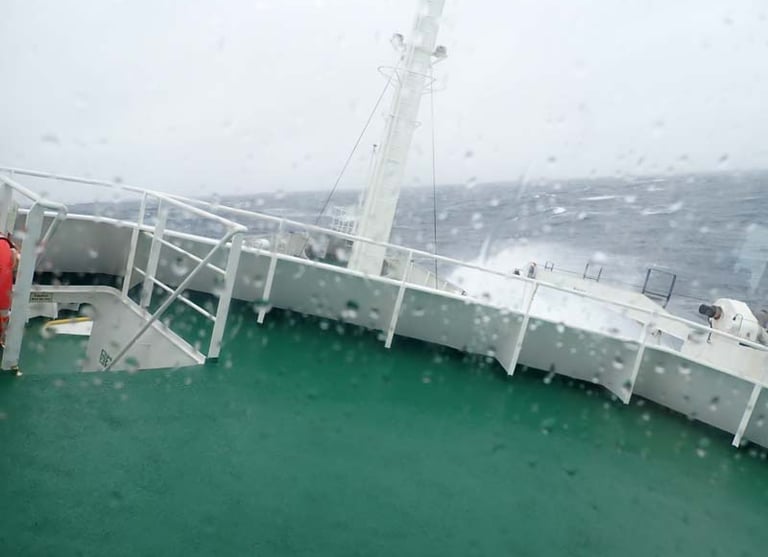

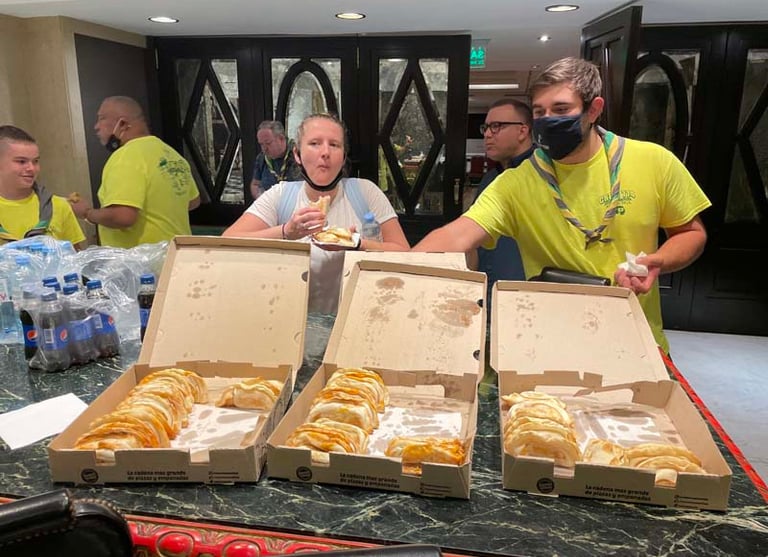

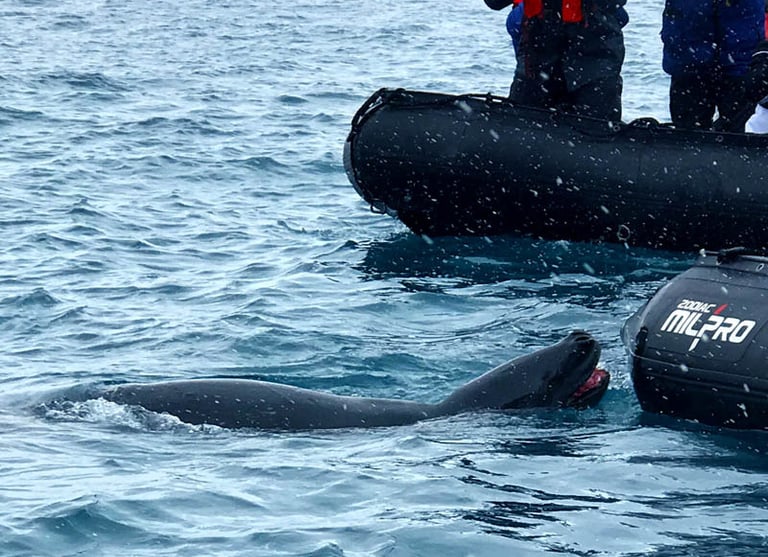

• Camping involves risks associated with being away from the vessel. One of Ernest Shackleton’s teams was stranded for two years. That shouldn’t happen to us, but we are still more exposed.
• Glacial travel (walks) involve a potential risk of falling into a crevasse (big crack).
• Polar-bear swims…did I mention that the water is cold? Did I mention hypothermia?
• Kayaking requires special gear to minimize heat loss, especially if you end up swimming.
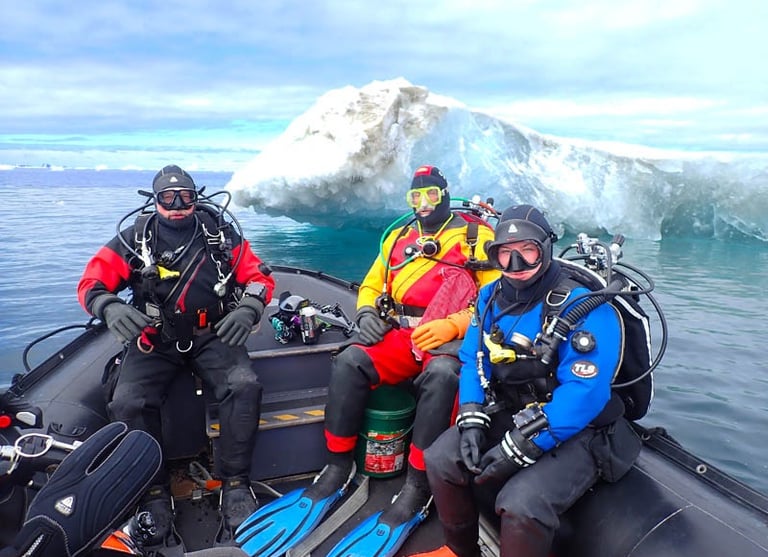

All content, images and text copright © Jeffrey Bozanic (except as noted). All rights reserved worldwide. No images or text may be copied, duplicated, modified, or redistributed in part of whole (except for printing for personal reference) without prior written consent from Jeffrey Bozanic.
